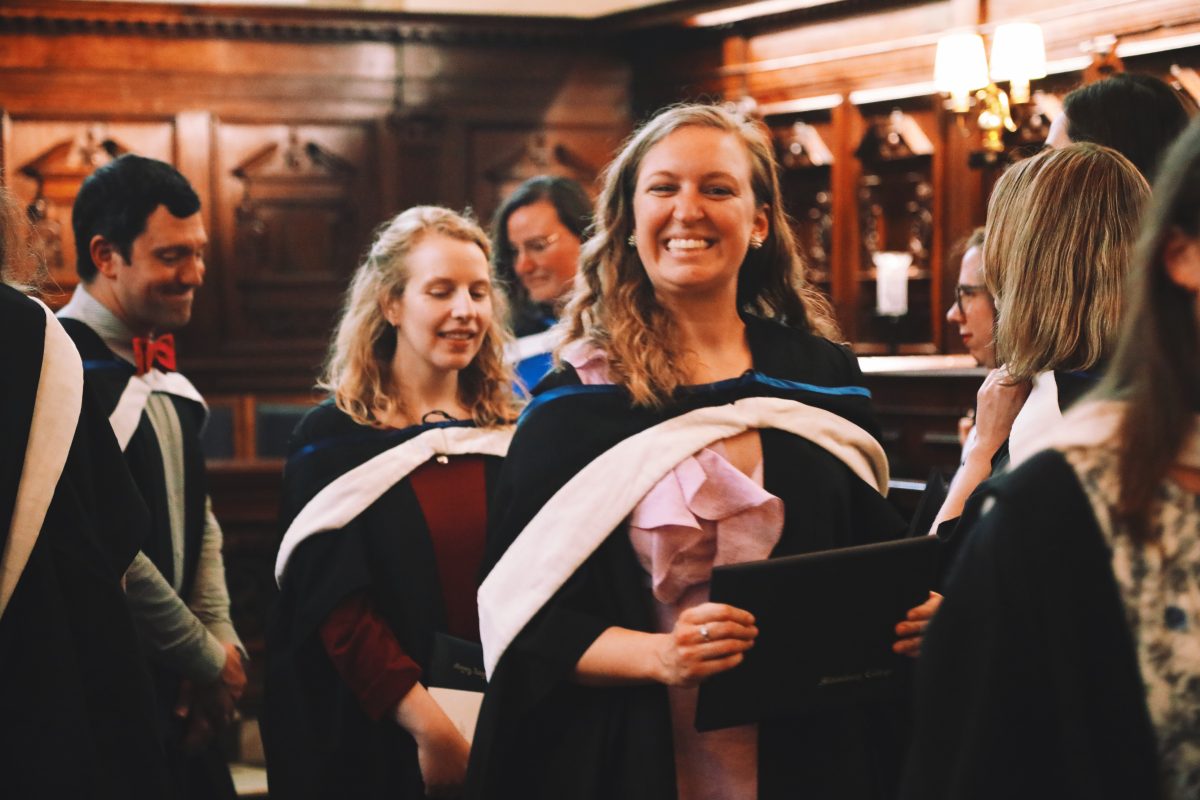When Eugenia Cavarretta (’18) goes home after school, she immediately switches from speaking in English to speaking Italian. Fluent in both, Cavarretta is one of the many students at the School who speaks multiple languages.
The school as a whole represents 63 countries and of those different nationalities, students speak a total of 31 different languages other than English.
Cavarretta spoke solely Italian until the age of 7, when she moved to a British school. “The biggest challenge is that when you are 7 and you are at a new school, it is already hard to adapt, but it was even harder for me because I couldn’t communicate with anyone, not even the teachers,” Cavarretta said.
Speaking two languages at times has proved to be a challenge for Cavarretta; after spending two months in Sicily during the summer speaking only Italian, Cavarretta finds it difficult to switch back to English during the first few weeks back at school. While it may be hard to switch back and forth, “I never forget what language I am speaking because they are two different and distinct languages.”
Thinking in a particular language depends on Cavarretta’s location. When in Italy, she will think in Italian, however at school and in London she finds her thoughts are in English. “It sometimes can be very hard, but like many things you just have to get used to it,” she said.
Although she speaks English at school, Cavaretta is still able to maintain her connection to Italy. As well as travelling to Sicily during every holiday break, Cavaretta feels that speaking Italian in her home helps her sustain ties to her Italian heritage.
EAL Teacher Christine Wilson explained that one of her students’ biggest challenges is the loss of connections to their native culture and language. Wilson fears students like Cavarretta may not be as in touch with their heritage due to them fact that they speak English at school.
Starting the Heritage Club in the Lower and Middle Schools, Wilson hopes students will have opportunities to not only speak their native languages with one another, but also celebrate their cultures. For non-native English speakers, “there is that struggle of becoming competent [with] academic English as well as maintaining your heritage language,” Wilson said.
Through the help of students and teachers, Cavarretta feels that the community is accepting of those who do not natively speak English. “I’ve noticed [at ASL] that people are very understanding, and teachers really support you,” she said.
Within a diverse, multilingual community, there are often advantages to speaking multiple languages. Despite challenges that may arise with learning languages, students like Cavarretta have noticed the benefits.
Shaurya Prakash (’18), who speaks Hindi, has noticed that being bilingual has enabled him to learn other languages with greater ease, as he understands the structure of other languages and is able to relate to different cultures.
Marie Boussard (’16) was raised speaking French, having lived in Paris, France for the majority of her life. Through a foreign exchange program last year, Boussard had the opportunity to live in America for the year with a host family in order to improve her English. Despite learning English progressively in school, Boussard felt there was still a language barrier between herself and her host family. Now in London, she is able to speak English at school and with friends but communicate in French at home with her family.
Due to students’ desire to learn multiple languages, Head of the World Languages and Cultures Department Lanting Xu is trying to find as many different opportunities as possible, for students to learn multiple languages and also learn about the accompanying cultures of these places. “The language department has been working over the years, making sure students not just acquire a language like a tool, but rather acquiring it as a cultural and a set of practices,” Xu said.
Living in a global community, Xu and Wilson believe the skill of being bilingual is appealing to many. “We live in a global economy and it is a requirement to know all of these languages to get around and understand the issues and problems we have around us,” Wilson said.
Xu echoes this thought and believes, “In order to prepare students for the 21st century it is definitely more desirable to have different linguistic skills.”







